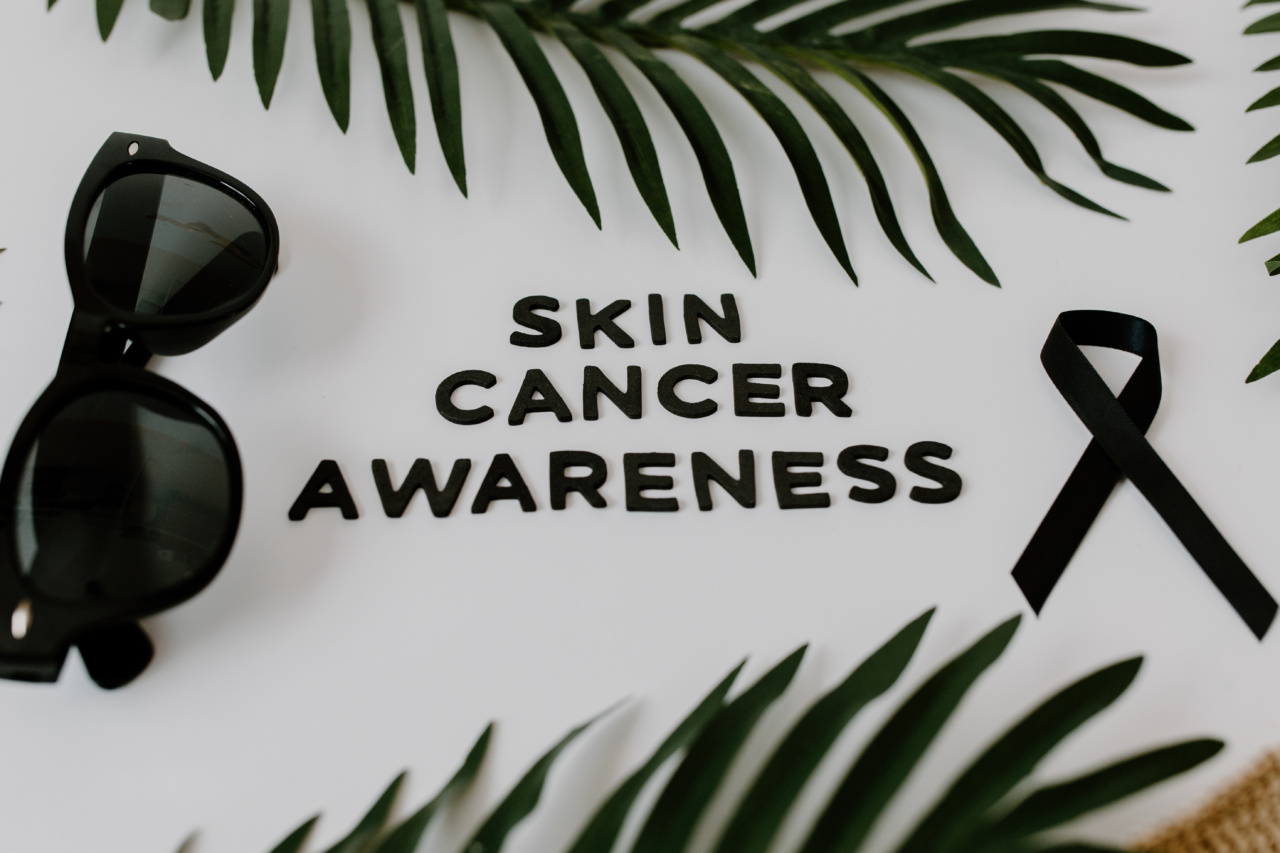Mango is a tropical fruit that is not only delicious but also packed with a variety of nutrients that can help fight cancer. This juicy and sweet fruit is not only enjoyed by many but also used in many cuisines worldwide.
More importantly, mango can do wonders for your health due to its high levels of antioxidants and nutrients that can help slow down the growth of cancer cells in the body.
What is Mango?
Mango is a fleshy fruit that is native to South Asia but is now cultivated in tropical regions all around the world. It is a member of the Anacardiaceae family and is closely related to other fruits like cashews and pistachios.
Mangoes come in different sizes, shapes and colours, and can range in taste from sweet and juicy to tart and sour.
Antioxidant Properties in Mango
Mangoes are rich in antioxidants such as polyphenols, carotenoids, and vitamin C, which are all known to help reduce the risk of cancer.
Antioxidants are molecules that help protect our cells from damage caused by free radicals, which are unstable molecules that can damage cells and contribute to the development of many diseases, including cancer.
Polyphenols are powerful antioxidants that are found in large amounts in mangoes. These compounds have been shown to have anti-cancer properties and can help reduce inflammation and oxidative stress in the body.
In addition, carotenoids like beta-carotene and lutein are also found in mangoes and have been shown to help fight cancer by neutralising free radicals and protecting cells from damage.
Anti-inflammatory Properties in Mango
Chronic inflammation has been linked to the development of cancer and other diseases. Mangoes are rich in nutrients like vitamins A and C, which have anti-inflammatory properties.
Vitamin A, in particular, helps to maintain healthy skin and mucus membranes, and also plays a role in the immune system’s normal functioning. On the other hand, Vitamin C is important for maintaining a strong immune system, healthy bones, and cartilage, and it also aids in iron absorption, wound healing, and other metabolic functions.
Fiber in Mango
Mangoes are also a good source of dietary fiber, which plays a crucial role in maintaining digestive health. Fiber helps to regulate bowel movements, prevent constipation and also increase feeling of fullness.
A diet that is high in fiber is associated with a lower risk of colorectal cancer, which is the third most common cancer in the world.
Vitamin E in Mango
Mangoes are also a good source of vitamin E, a powerful antioxidant that helps to protect cells against damage caused by free radicals, it has also been linked with lowering the risk of cancer.
Vitamin E has anti-inflammatory properties, it helps boost the immune system, and has been demonstrated to help protect brain function and reduce the risk of Alzheimer’s disease.
Conclusion
Overall, mangoes are not only delicious but also pack a punch when it comes to their anti-cancer properties.
Consuming mangoes regularly can help reduce the risk of cancer by protecting our cells from damage caused by free radicals, reducing inflammation, and boosting our immune system. So, the next time you are looking for a nutritious and delicious snack, reach for a mango and eat your way to good health!.






























